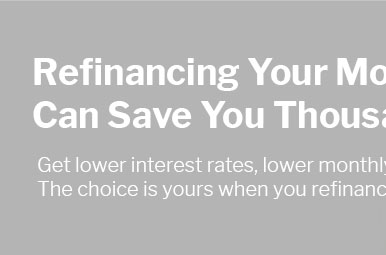mobile home mortgage questions and answers
What is a mobile home mortgage?
A mobile home mortgage finances a manufactured or modular home when it is treated as real property. If the home sits on land you own and rests on a permanent foundation, lenders may offer conventional, FHA, VA, or USDA options. Homes on leased land often use a chattel loan, which acts more like auto financing and typically carries higher rates.
Who qualifies and what do lenders check?
Lenders look at credit scores, debt-to-income ratio, down payment, and the home’s age and construction. Eligible units usually bear the HUD data plate (post-1976) and meet local foundation standards. Parks may require buyer approval, and some programs restrict single-wide or older homes.
- Own the land or have a long-term lease
- Permanent foundation and visible HUD tags
- Programs: FHA, VA, USDA, conventional, or chattel
Rates, terms, and steps
Rates can be higher than site-built homes; terms range 10–30 years depending on product. To proceed: compare lenders, verify eligibility, order appraisal, lock your rate, and close. Boost approval odds by improving credit, saving a larger down payment, and avoiding new debt.
















